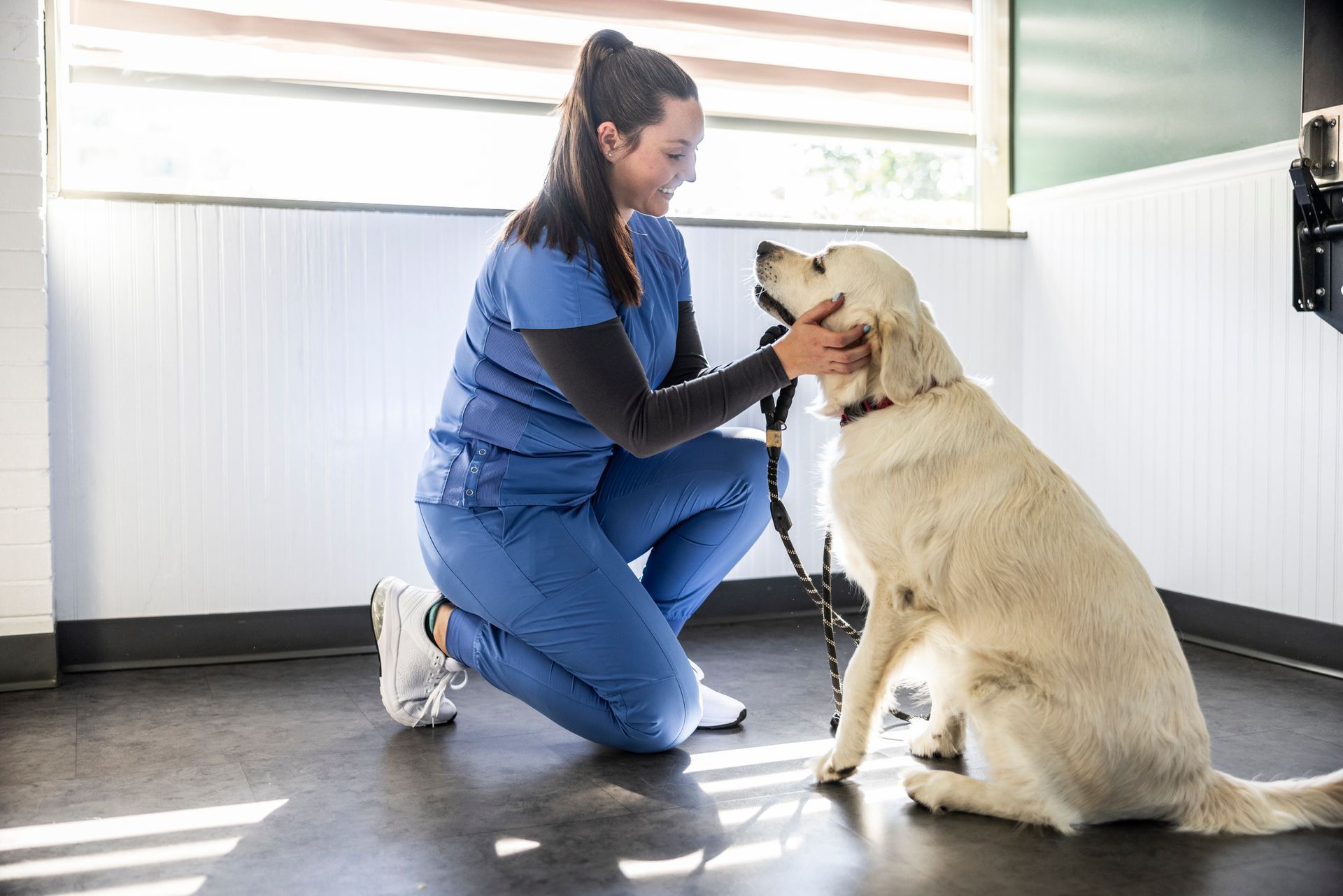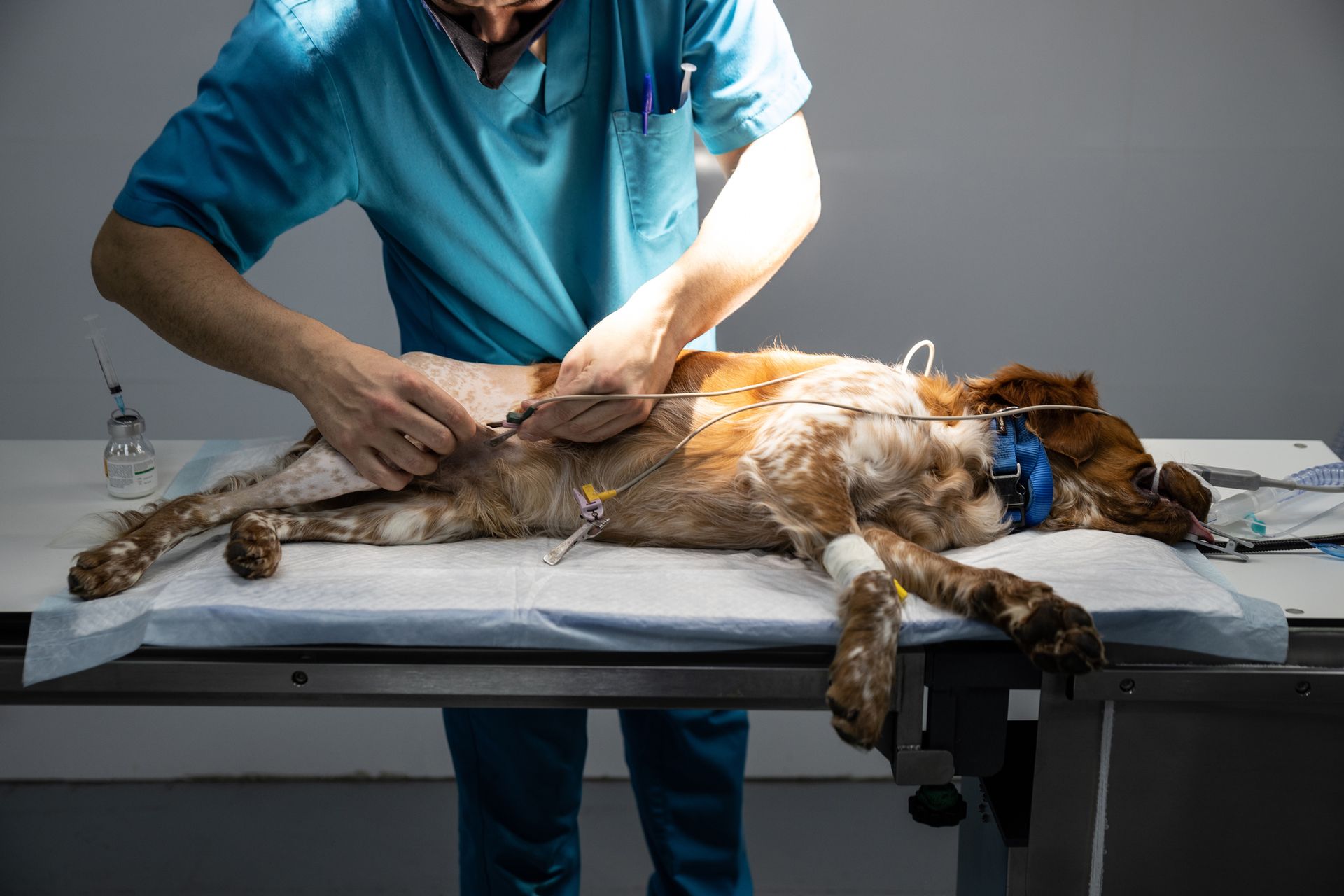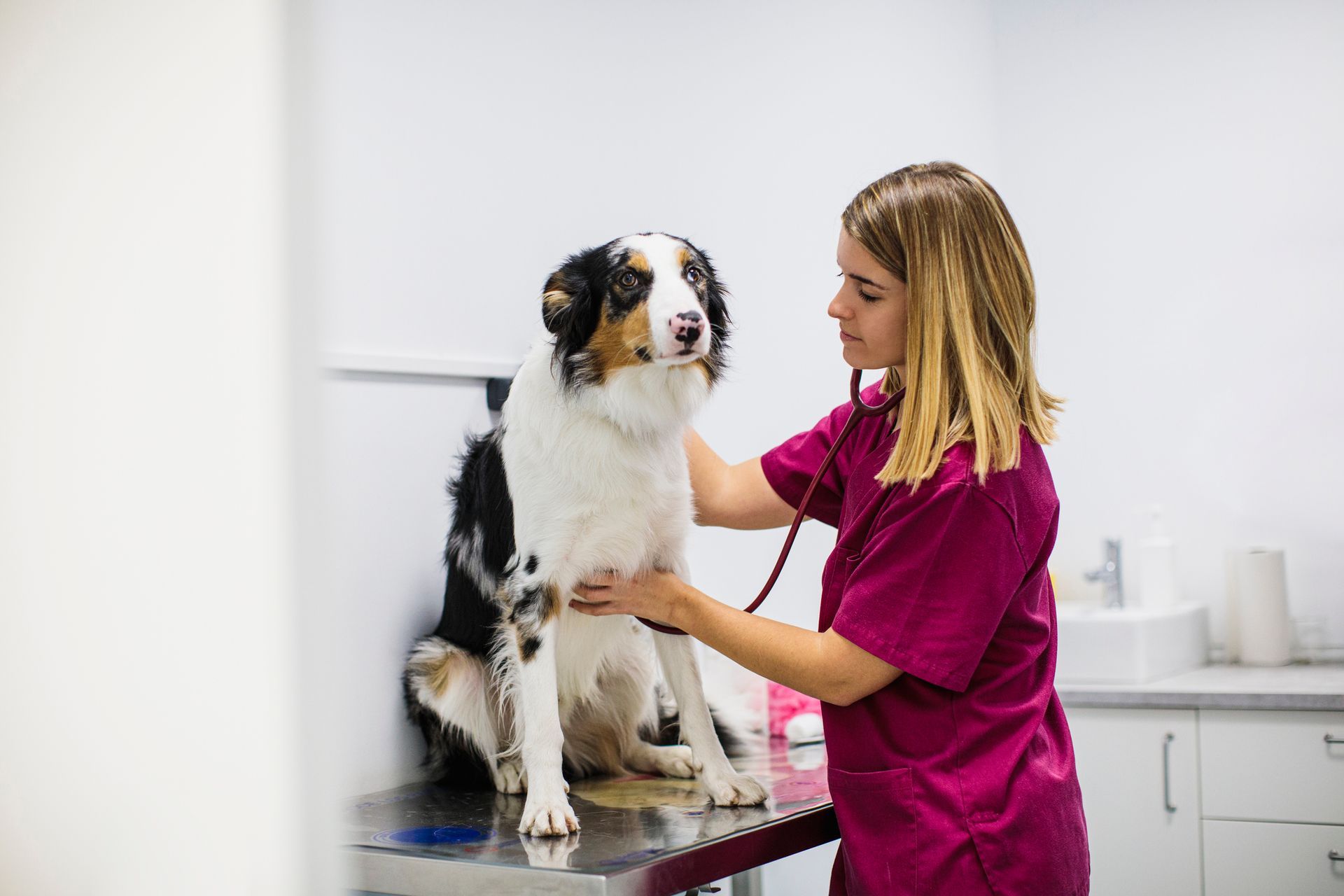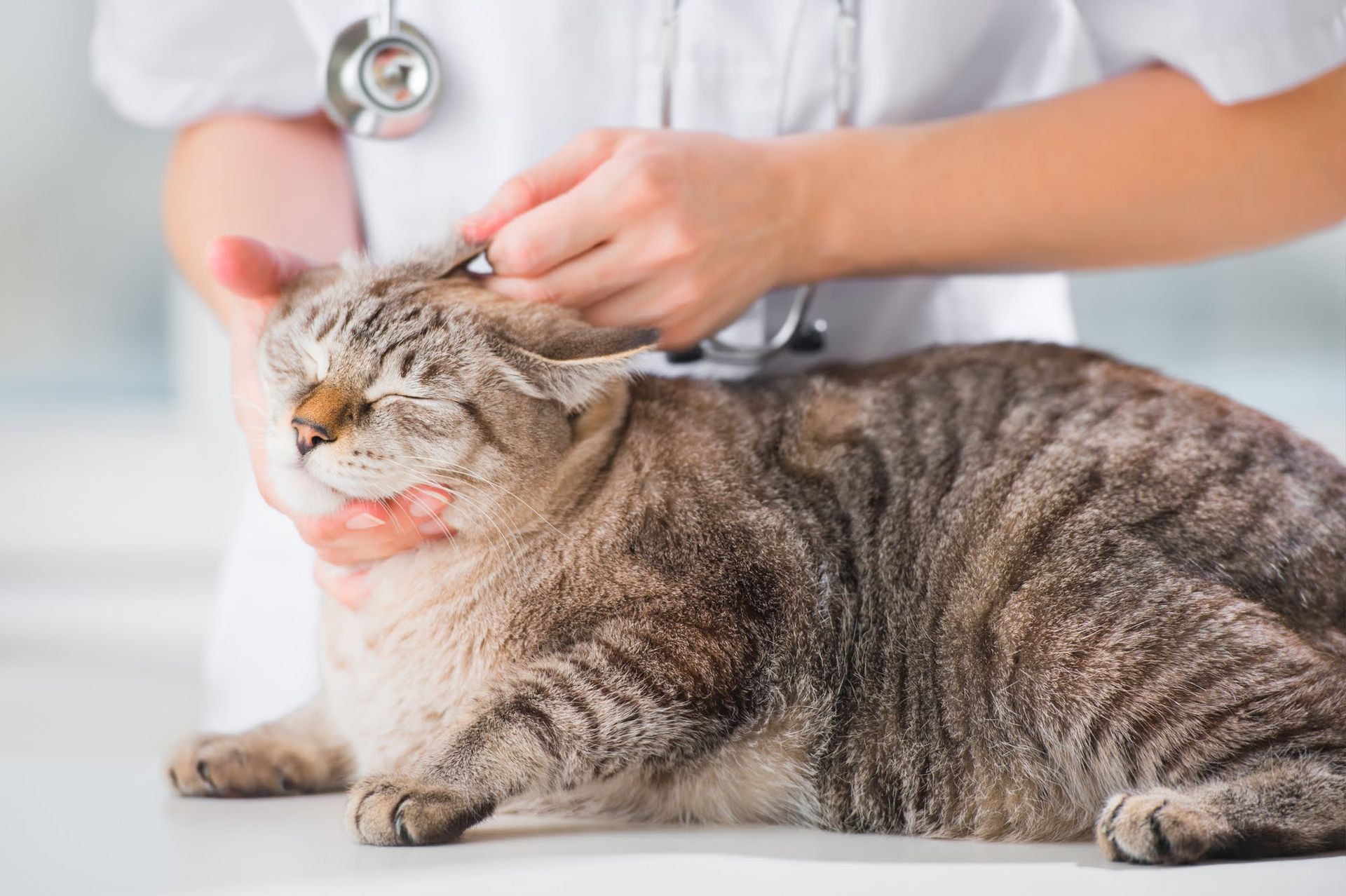Why Emergency Care Is Crucial for Urinary Blockages in Cats

Urinary blockages in cats are a serious and often life-threatening condition that requires immediate medical attention. Cats, especially male cats, are particularly susceptible to urinary tract issues, and a blockage can develop quickly, leading to severe health complications. In these situations, emergency veterinary care is not just important—it is crucial. Here's why prompt and professional treatment is vital for cats suffering from urinary blockages.
The Risk of Fatal Kidney Damage
One of the most pressing concerns when a cat experiences a urinary blockage is the potential for kidney failure. When a blockage occurs, urine cannot pass through the urinary tract, causing urine to build up in the bladder and kidneys. This backup of urine can lead to kidney damage, which can progress quickly and result in kidney failure if left untreated. Kidney failure is a life-threatening condition, and the longer a cat suffers from a blockage, the greater the risk of irreversible damage.
Emergency vet care is essential to relieve the blockage and prevent further harm to the kidneys. A vet can use specialized techniques to quickly unblock the urinary tract and reduce the pressure on the kidneys, giving them the best chance to recover and return to normal function.
Prevention of Bladder Rupture
In some cases, if a urinary blockage is left untreated for too long, the pressure from the accumulated urine can cause the bladder to rupture. This is a medical emergency that can result in peritonitis (infection of the abdominal cavity), sepsis, and even death. A ruptured bladder is an extremely serious complication that requires immediate surgical intervention to repair.
Prompt action by an emergency vet can prevent this catastrophic outcome. The vet will likely perform a procedure to relieve the blockage and assess the bladder for any signs of damage. The sooner the blockage is addressed, the less likely it is that the bladder will rupture.
Restoration of Urinary Function
Urinary blockages can severely impact a cat’s ability to urinate, which can lead to further complications such as bladder atony (loss of bladder muscle tone) or infection. If left untreated, these conditions can worsen, potentially leading to permanent damage to the urinary system. Immediate emergency care helps restore normal urinary function by relieving the blockage and reducing inflammation, giving the urinary tract the best chance to heal.
If the blockage is caught early and treated appropriately, the chances of full recovery are much higher. This highlights the importance of seeking emergency care as soon as a blockage is suspected.
Prevention of Recurrence
Once a cat has experienced a urinary blockage, there is a risk of recurrence. In some cases, the cat may be predisposed to further blockages due to underlying health conditions such as bladder stones, crystals, or a narrowed urethra. Emergency vets can address the current blockage and identify the underlying cause, helping to prevent future blockages from occurring.
Your vet may recommend dietary changes, medication, or further diagnostic tests to reduce the risk of recurrence. In some cases, surgical intervention might be needed to correct anatomical abnormalities that predispose the cat to blockages.
Saving Your Cat’s Life
Ultimately, the most important reason to seek emergency vet care for a cat with a urinary blockage is the potential to save their life. Urinary blockages are time-sensitive emergencies, and without prompt medical treatment, the condition can progress to kidney failure, sepsis, or death. The quicker the cat receives care, the better the outcome.
Emergency veterinarians are equipped with the necessary tools, knowledge, and expertise to handle such critical situations. They can perform diagnostics, administer pain relief, relieve the blockage, and provide life-saving treatments.
Urinary blockages in cats are serious medical emergencies that require immediate attention. Whether it’s preventing kidney damage, providing pain relief, or preventing a bladder rupture, emergency vet care plays a critical role in ensuring the health and well-being of your cat. If you suspect your cat has a urinary blockage, it’s vital to act quickly. The sooner your cat receives treatment, the better their chances for a full recovery and a return to normal life.
For more information about this, contact us at South Seattle Veterinary Hospital.










